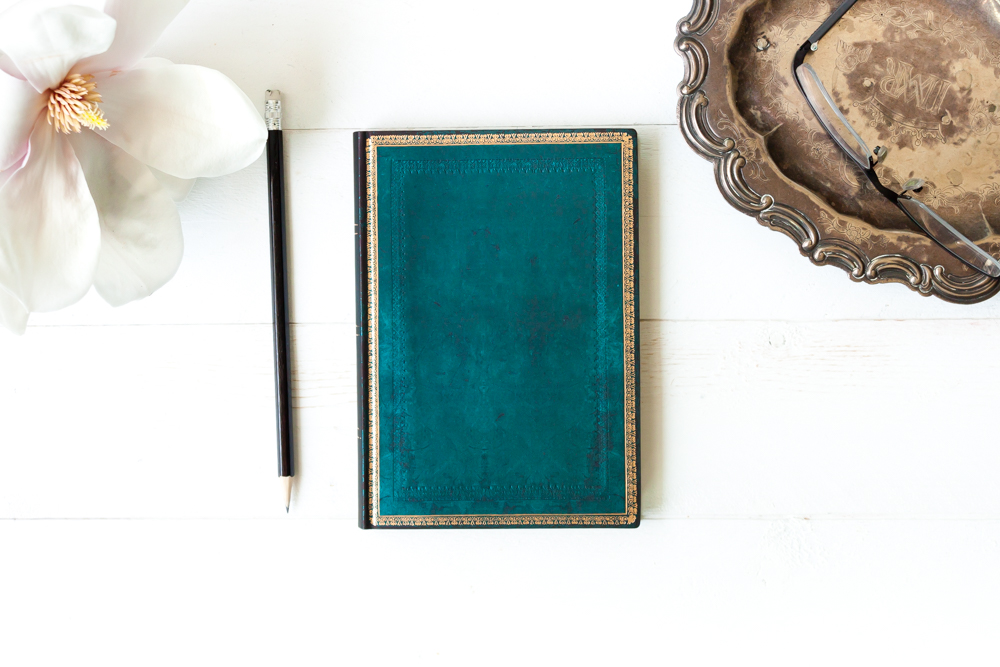A notebook can be many things: a space to jot down to-do lists and school notes, a home for stray doodles, a space for musings. It’s an intimate place to pour thoughts and feelings, and an aid to process our responses to events and situations.
According to the University of Rochester Medical Center, one of the mental health benefits of journalling is that it helps you to “create order when your world feels like it’s in chaos. You get to know yourself by revealing your most private fears, thoughts, and feelings.”

Journalling to reflect can help us make sense of the world around us, validate our experience and aid us in drawing a blueprint of our actions and the steps needed to move forward on our journey. Ultimately, reflective writing is a vehicle for change and growth.
While there is no right or wrong way to write reflectively, and the cathartic properties of journalling don’t need to follow a structure, a proven model might help you get started. Arguably the most famous model of reflection is the Reflective Cycle created by academic researcher Graham Gibbs.

Gibbs’ six stages of reflective writing are designed for working towards an effective plan of action:
- Description of the experience
- Feelings and thoughts about the experience
- Evaluation of the experience
- Analysis
- Conclusions
- Action plan
These steps can be helpful in guiding your writing, but don’t let this structure limit your process. Whether it’s six (or more!) analytical steps or letting your thoughts run freely, processing musings is a very personal journey.
Which steps do you like to follow when you journal to process your thoughts?

Mental health affects us all. If you or someone you know needs help, you are not alone.
Call 1-800-273-8255 for the National Suicide Prevention Lifeline in the United States or 1-833-456-4566 for Crisis Services Canada.
Outside of North America, please visit the International Association for Suicide Prevention for a database of resources: www.iasp.info.





